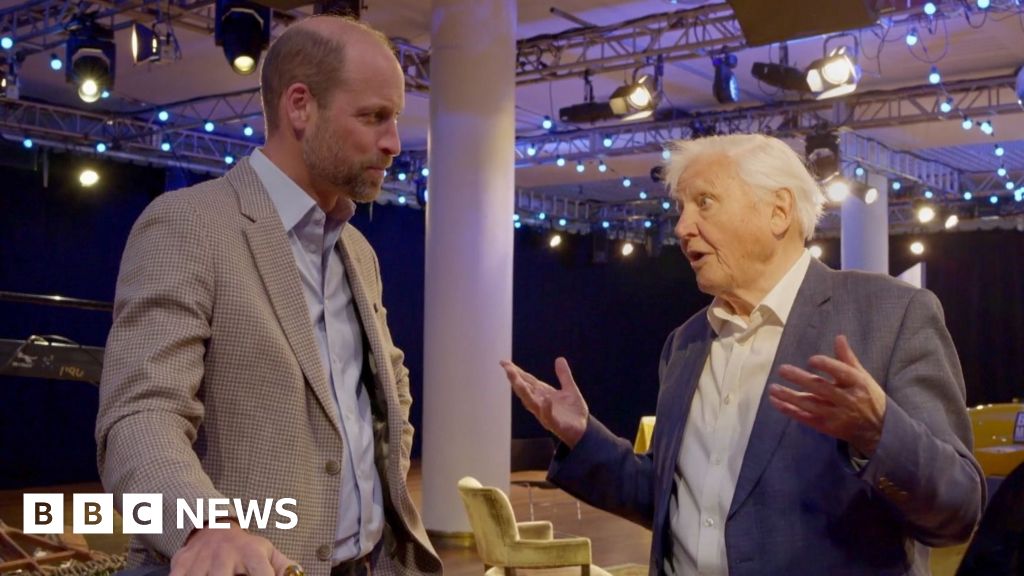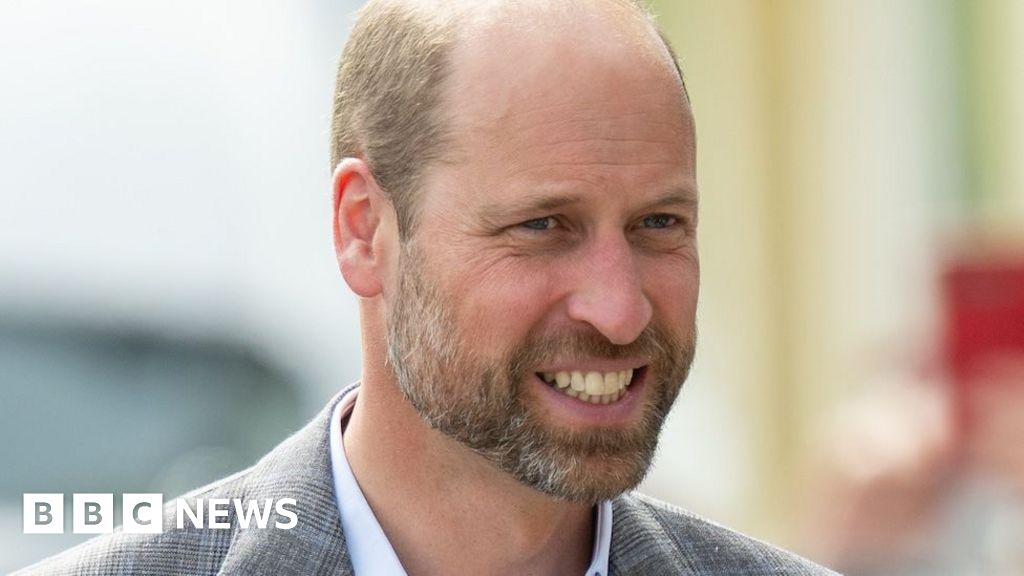ARTICLE AD BOX
By Roger Harrabin
Energy and environment analyst
image source, Oceanways
image captionThe boat will be able to deliver goods in shallow waters where container ships cannot operateA self-driving hydrogen-powered submarine is among the winners in a UK government competition to tackle emissions from shipping.
A start-up consortium has been given £380,000 to develop the sub to deliver parcels without a captain or crew.
Call it blue seas thinking - the submarine will follow shipping routes but 50 metres below the surface.
It will be able to deliver goods in shallow waters where container ships can't operate.
Then it will dive beneath the waves to weather storms on the open ocean.
The firm awarded the grant, Oceanways, has flagged Belfast to Glasgow as a possible route for the submarine.
The grant is part of a £23m UK fund for environmental maritime projects.
The cash is too small to put a dent in carbon emissions in time to stave off dangerous heating of the planet but it does demonstrate the explosion of innovation that climate change has prompted.
image source, Oceanways
image captionThe team behind the submarine say it may be able to swim beneath the polar ice capThe cargo submarine (if it's ever built) will be powered by "green" hydrogen from renewable energy.
The creators say it will also collect micro-plastic from the water column and feed the data to researchers.
Oceanways say it may be able to swim beneath the polar ice cap.
'Whisky would be a good candidate'
The firm's founder and chief executive Dhruv Boruah said the unmanned boat will not be competing with cargo ships, instead concentrating on "short and sharp" journeys.
But what kind of cargo will the submarine be carrying?
"That's what we're going to figure out over the next few months," he told the BBC's Good Morning Ulster programme.
"I think whisky would be a good candidate."
Among other grant winners is an electric charge-point connected to an offshore wind turbine where electric boats will power up at sea.
The firm behind the project say it will initially offer a saving of over 1,270 tonnes of CO2e emissions per year.
Ships will be able to moor up and plug in with a semi-automatic system before charging up and sailing on.
Shipping currently produces around 3% of global emissions, but the UK government is aiming to lead the world by backing a plan for zero emissions by 2050.
Critics say Britain's not doing enough in the short term to hit that target.

 3 years ago
84
3 years ago
84








 English (US) ·
English (US) ·